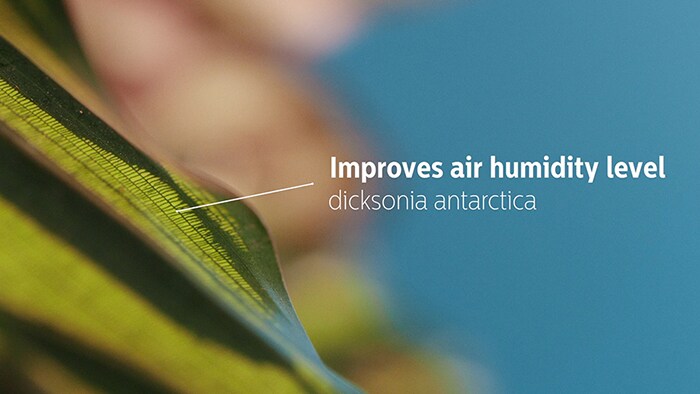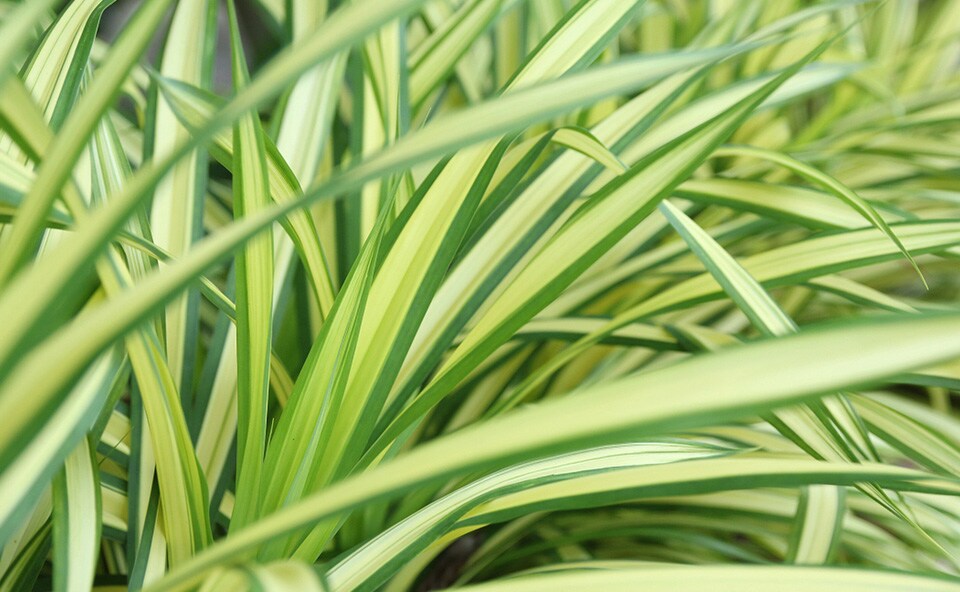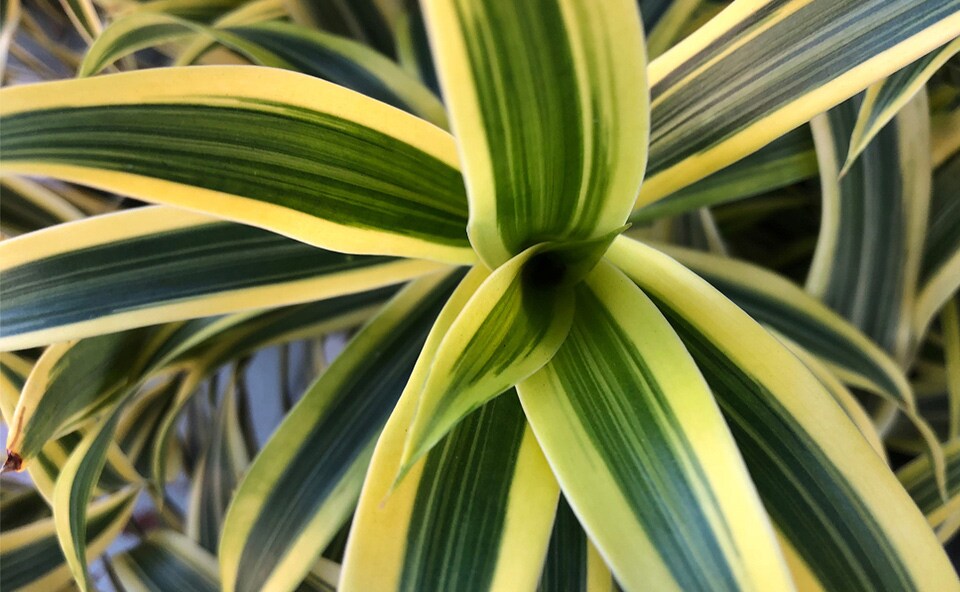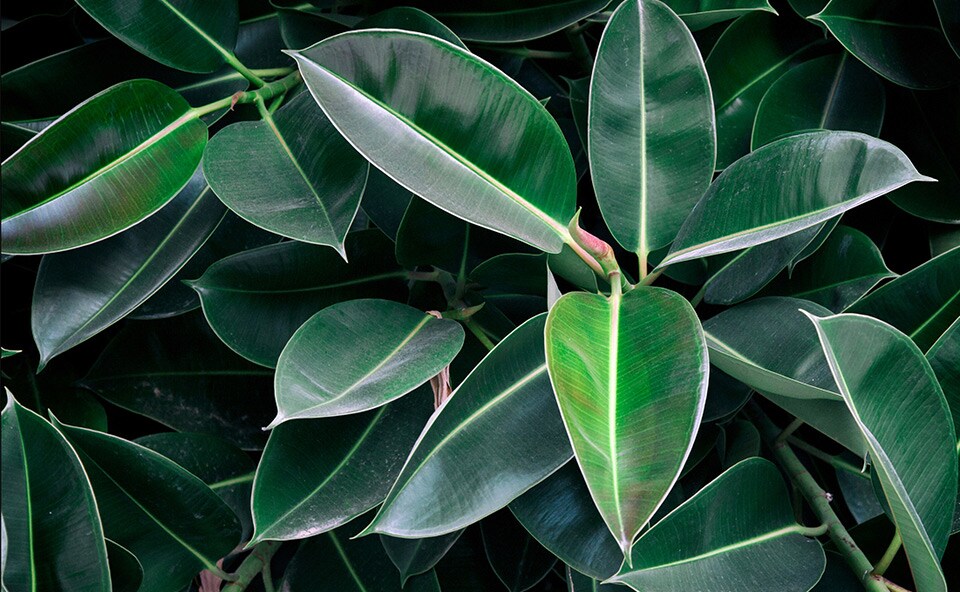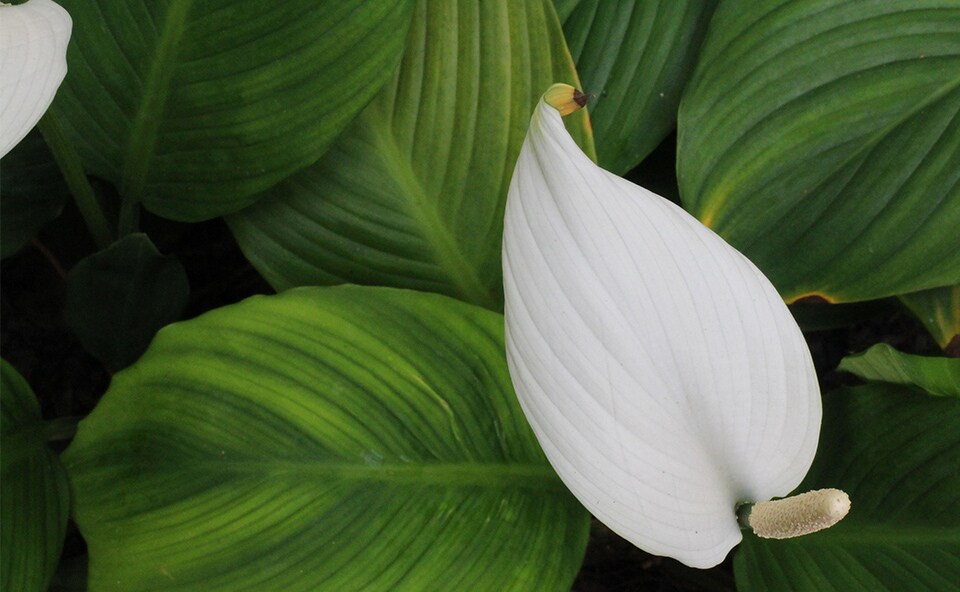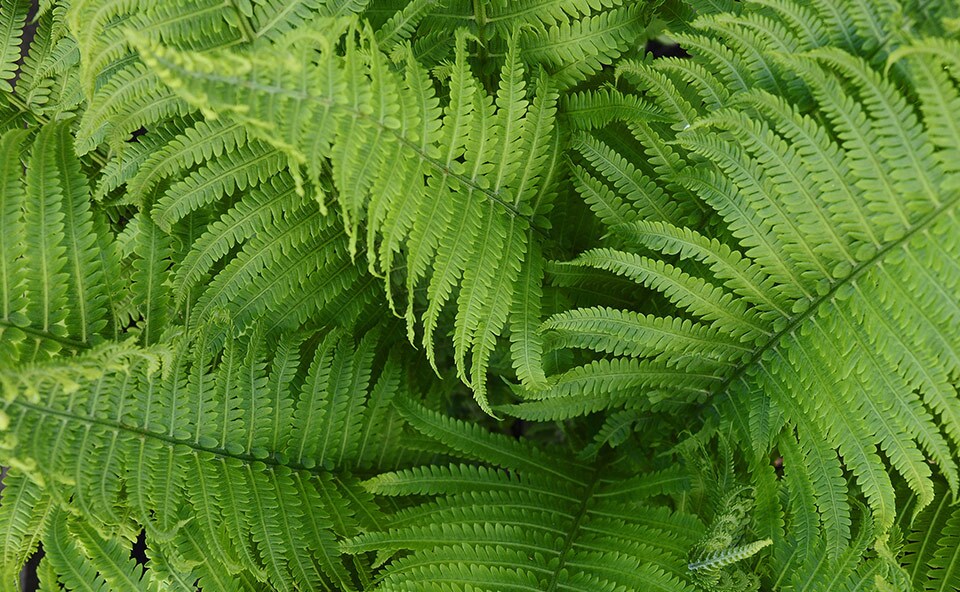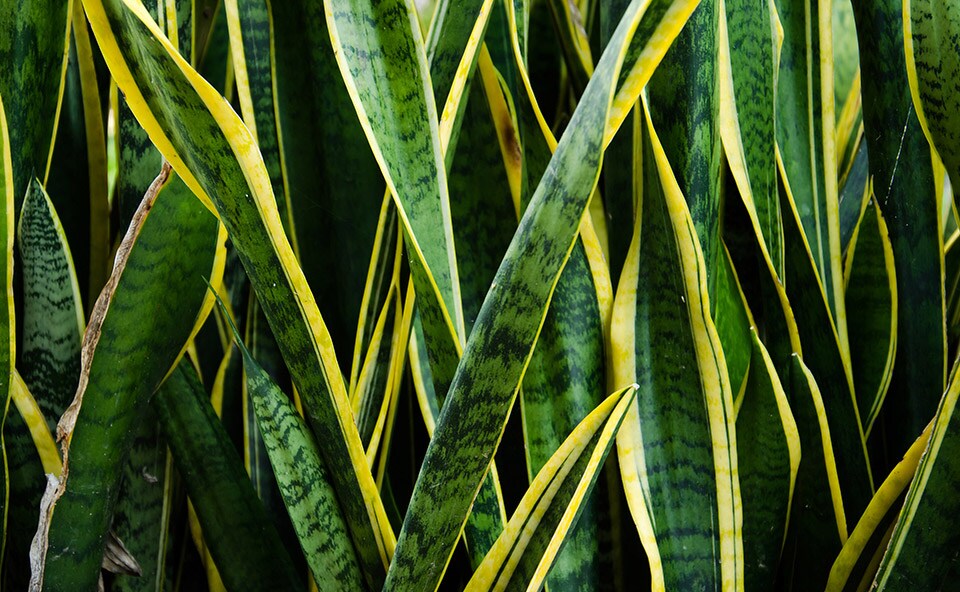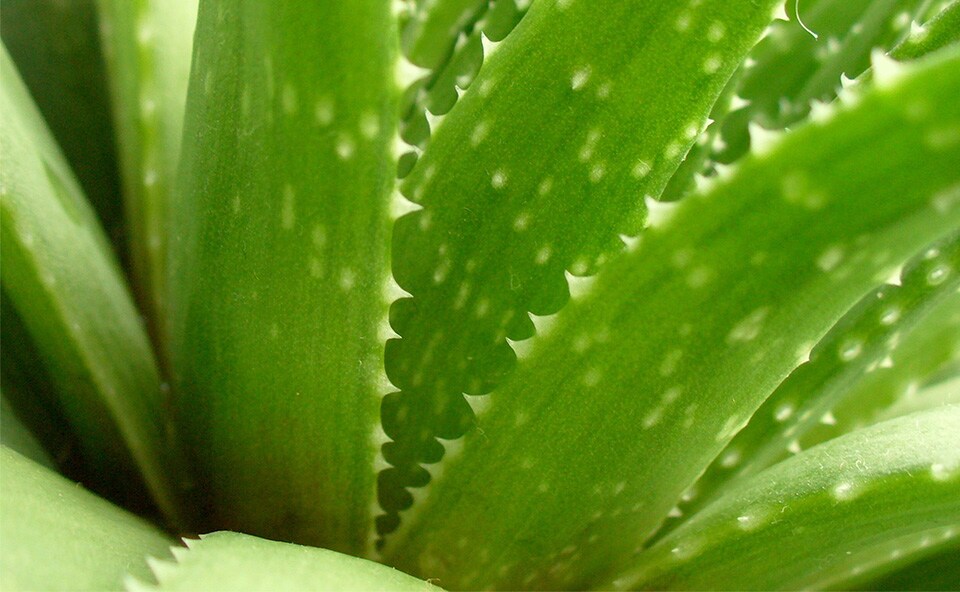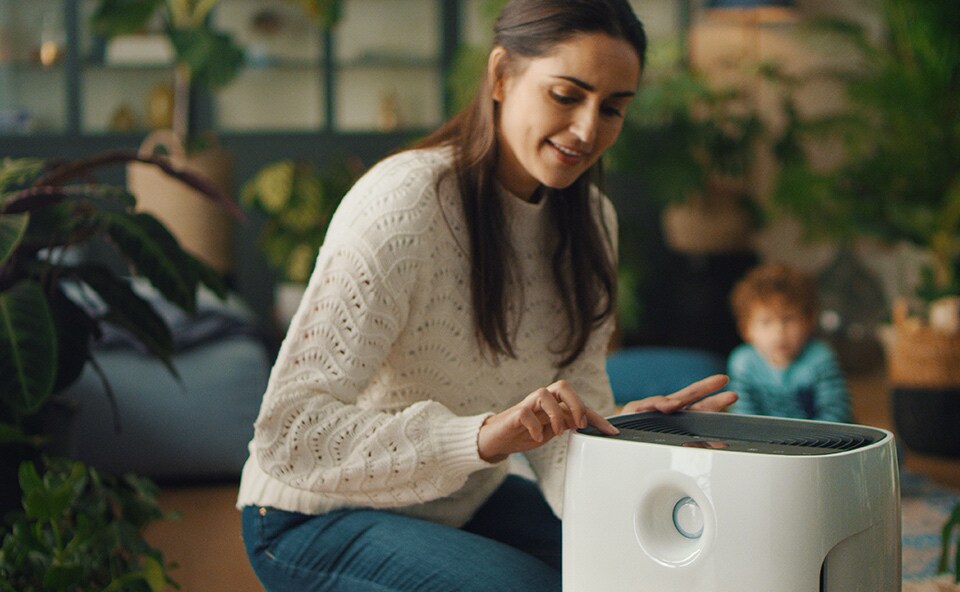Can plants really purify air ?
We all know plants provide the oxygen needed for life on Earth. But can they remove pollutants and toxins from the air in your home, too? It’s a question NASA has looked into *1. And they’ve found some promising results. But, of course, your home is not a space station. (We assume.) It has doors and windows and ventilation. The air in your home is completely exchanged for new outside air about once an hour. So the results achieved in a NASA laboratory can’t exactly be reproduced in your living room.
Spider Plant
Start with one and you’ll have a house full in no time! Removes: formaldehyde, xylene.
Virtually effortless to grow.
Dracaena
Removes: benzene, formaldehyde, trichloroethylene, xylene
The dragon tree is easy to grow and perfect for beginning indoor gardeners.
Ficus Tree
The tree Buddha attained enlightenment under was a species of ficus. Removes: benzene, formaldehyde, trichloroethylene
Add a little zen to your home!
Peace Lily
Removes: ammonia, benzene, formaldehyde, trichloroethylene
Popular in the bedroom as it grows well in low light, you’ll get more blooms near a window.

-
- Play Pause
- Play Pause
- Play Pause
- Play Pause
Series 3000i Air Cleaner
AC3259/30
Breathe the difference air
Philips Series 3000i automatically monitors and purifiers the air. AeraSense world-class sensing technology and the connected app provide you with real-time air quality and allergen information anytime, anywhere.
See all benefitsUnfortunately this product is no longer available
Boston Fern
Removes: formaldehyde, xylene
The famous fern likes light more than others, but needs its soil kept moist at all times.
Snake Plant
Removes: benzene, formaldehyde, trichloroethylene, xylene
Effortless to grow, the “mother-in-law’s tongue” needs little more than good drainage to keep it going.
Aloe Vera
Removes: formaldehyde
With antibacterial and anti-inflammatory properties, aloe is handy to have around for cuts and sunburns, too.
The fact is the homes we live in are breeding grounds for all sorts of unhealthy air pollutants. From furnishings and upholstery to paint and cleaning products, toxic compounds, like formaldehyde, are constantly being added to our indoor air. Add that to pollen, bacteria, mold spores and other polluting particles from the outside world, and you can understand why houseplants aren’t enough.
If you have concerns about the quality of the air in your home — because of allergens or pollutants — an air purifier is the most reliable way to protect yourself. Philips air purifiers work with true HEPA filters and Vitashield IPS active filtration technology to remove pollen, allergens and ultrafine particles as small as 0.02 microns. That’s over 99.9% of particles in the air — and that can truly help you breathe easier.
